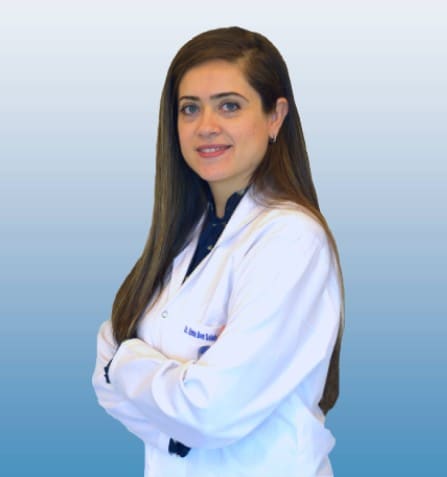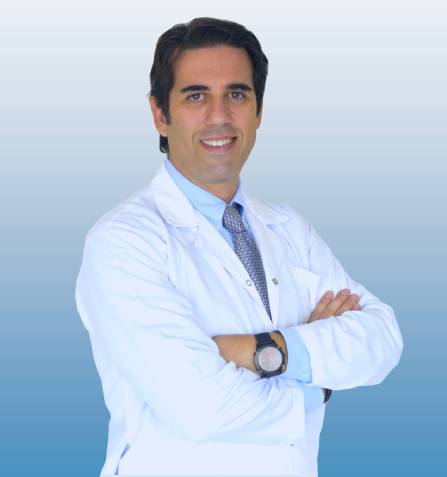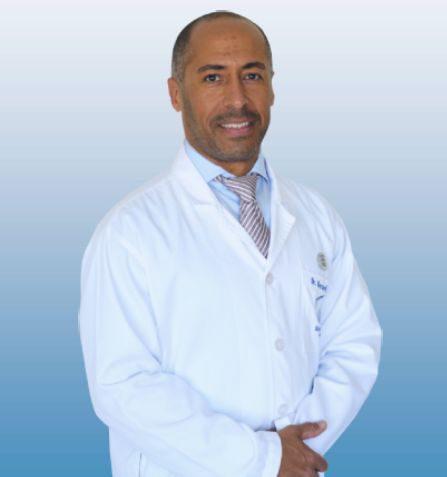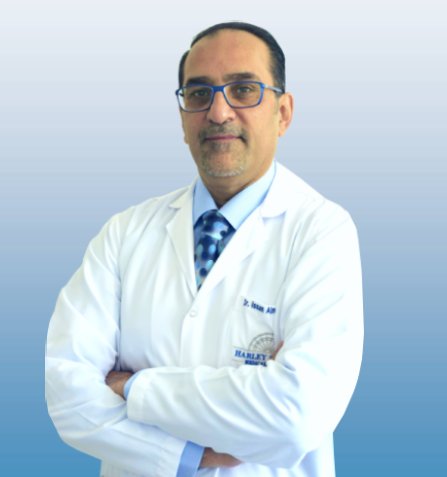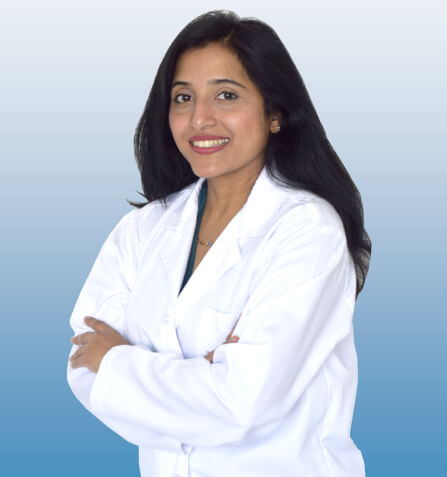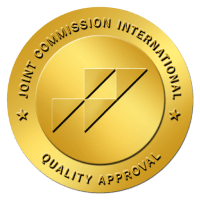PEDIATRIC & ADOLESCENT SLEEP DISORDERS
At Harley Street Sleep Clinic, our goal is to restore your child’s restful sleep. We assess your child’s condition, customize a treatment plan and offer a comprehensive care for various pediatric sleep disorders.
WHAT IS PEDIATRIC SLEEP DISORDERS?
Sleep disorders in children and adolescents are common; even infants can suffer from them. Studies have shown that poor sleep quality and/or quantity in children are associated with a host of problems, including academic, behavioral, developmental and social difficulties, weight abnormalities, and other health problems. Not only do pediatric sleep problems affect child health, but they can impact family dynamics and parental or sibling sleep.
A sizeable list of medical disorders can contribute to sleep disorders in children, including:
- Nighttime Sleep Behaviors/Parasomnias : Sleep walking/talking, Sleep terrors, Sleep paralysis
- Snoring
- Upper Airway Resistance Syndrome (UARS)
- Obstructive Sleep Apnea (OSA)
- Central Sleep Apnea (CSA)
- Restless Legs Syndrome
- Insomnia
- Arousal Disorders
PEDIATRIC OBSTRUCTIVE SLEEP APNEA
While some types of snoring can be considered benign in adults, snoring or noisy breathing is never normal in children. Obstructive sleep apnea in children is often overlooked in kids because the symptoms are more different in children than they are in adults and they tend to be more subtle. Not all children with OSA snore, and when they are tired they rarely nap, instead they become hyperactive (and may mimic those children with attention deficit-hyperactivity disorder) or develop behavioral problems. These behavioral problems may manifest themselves as irritability, lack of concentration, easy distractibility, and acting out which can lead to problems at school. Additionally, many children with obstructive sleep apnea are not overweight, so they don’t fit the stereotypical picture of some with sleep apnea.
Children with medical conditions impacting the shape of their face, nose and airway or neuromuscular system are at a higher risk of developing sleep apnea. Parents of children with disorders such as Down Syndrome should be aware of the elevated risk and should be evaluated when there has been a change in behavior that may be related to OSA.
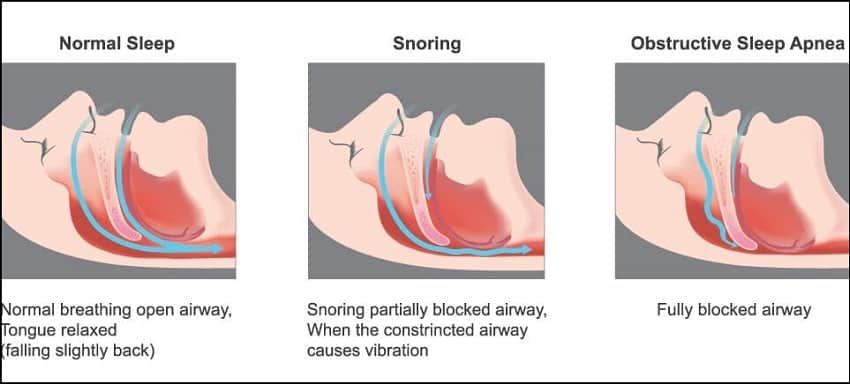
DIAGNOSIS
Pediatric sleep disorders require careful, extended evaluation that includes interviewing care givers, the child, and assigning and reviewing sleep diaries. Physical exam may provide clues to treatable medical causes. Atypical presentations, snoring associated with daytime somnolence, behavioral-emotional problems, apneic or hypopneic episodes, suspicion of narcolepsy, abnormal and disruptive movements in sleep, unexplained or recalcitrant sleep difficulties, or daytime sleepiness indicate a need for sleep studies or polysomnography.
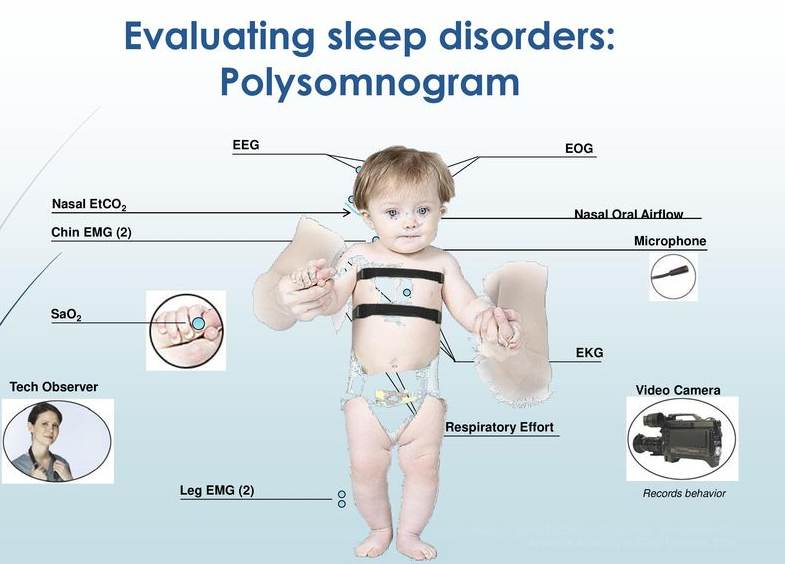
Polysomnography, also called a sleep study, is a comprehensive test used to diagnose sleep disorders. Polysomnography records your brain waves, the oxygen level in your blood, heart rate and breathing, as well as eye and leg movements during the study.
TREATMENT
- Cognitive-behavioral therapy (CBT)
– effective in treating a broad range of childhood behavioral sleep problems. - Adenotonsillectomy and Ventilatory Support
– Adenotonsillectomy is the primary treatment modality in children with OSAS. Positive airway pressure is needed in cases of continued postoperative symptoms. Continuous positive airway pressure (CPAP), variable pressure devices (eg, bilevel positive airway pressure BiPAP), may be needed. Weight loss can be helpful for obese patients.

